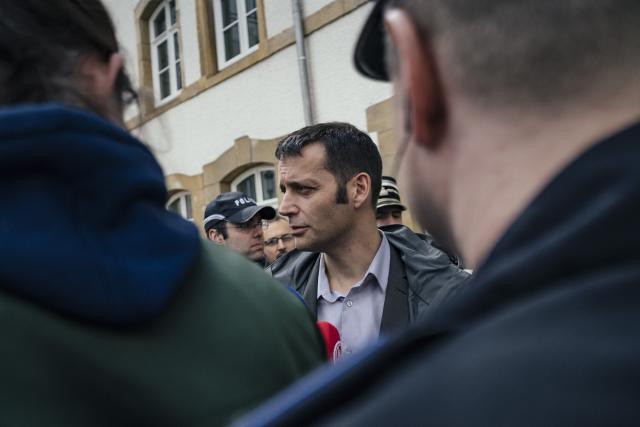Édouard Perrin, journalist, had appealed against the order which allowed PwC to raid the home of Raphaël Halet in November 2014, to recover the correspondence between the two men.
The presiding judge at the Tribunal of First Instance in Metz, Pierre Wagner, issued a written order accepting the arguments of PwC.
It underlined that the journalist’s appeal came very late after the original order, and that protection of sources did not entitle the journalist to question the order.
The presiding judge referred to the decision of the Luxembourg Court of Cassation regarding the conviction of Halet, and the fact that it did not grant him whistleblower status.
Perrin was ordered to pay €3,000 to PwC. He was expected to appeal this decision.
LuxLeaks
The LuxLeaks disclosures involved the leak of nearly 30,000 documents regarding tax rulings between Luxembourg and multinationals such as Amazon, Apple and Pepsi.
The “Cash Investigation” broadcast by France 2 in May 2012 made public some documents removed by Antoine Deltour from PwC and by Halet, who had contacted Perrin and sent him a dozen documents, including tax returns prepared by his employer for the benefit of clients.
The latter's identity was later discovered by PwC after an internal investigation. Halet then saw his computer equipment seized by a bailiff and signed a transaction agreement in which he promised to remain silent under penalty of having to pay €10 million to PwC.
His appeal claiming that he acted as a whistleblower was rejected by the court of cassation in January 2018. He intends to appeal to the European Court of Human Rights, to claim the protection granted to whistleblowers.
